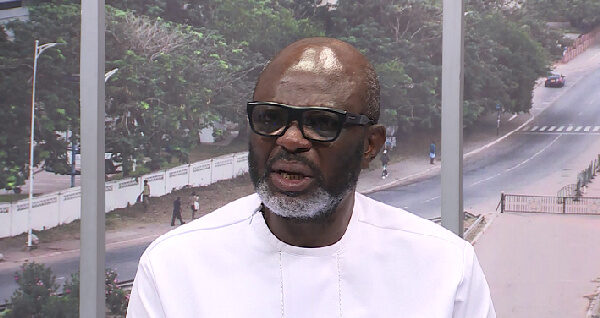GUTA kicks against hiked policy rate
The Ghana Union of Traders Association (GUTA) has rejected the central bank’s 17 percent increase in interest rate, describing it as inimical to the growth of local businesses.
The latest hike, according to GUTA, will render Ghanaian businesses uncompetitive among their West African peers in the continental free trade area.
Speaking to the Business and Financial Times on the sidelines of the 2021 West Africa International Press Limited’s Conference and Heroes of Distinction Award, Dr. Joseph Obeng – the association’s president – argued that increasing the interest rate is inimical to the growth of Ghanaian businesses.
“It is going to make us poorer because the banks are going to respond and adjust their rates as soon as possible, and it is going to affect us. It will also make us very uncompetitive among our West African peers in the continental free trade area,” he stated.
The central bank last week announced its highest ever interest rate hike, aimed at slowing down inflation – which is creating a crisis for the country’s already struggling economy.
The BoG increased its main lending rate by 250 basis points to 17 percent, signalling an aggressive stance against the rising price of goods from rice to sugar, to fuel; plus, a fast-depreciating currency that has dented investor confidence in the country.
“The uncertainty surrounding price development and its impact on economic activity is weighing down business and consumer confidence. The risks to inflation are on the upside,” the central bank Governor, Dr. Ernest Addison, told the media at a press conference.
The cedi earlier this month plunged to a new low – sliding 1.8 percent to 6.87 per dollar from 6.75 amid sustained high demand for FX and strains on supply.
Interest rates on Ghana’s short-term local debt rose again earlier this month, with the 91-day and six-month Treasury bills climbing 3bps to 12.91 percent and 13.29 percent respectively according to Aza Finance.
Higher borrowing costs will likely continue deterring private investment into the economy, driving up demand for imports which will continue weighing on the cedi.



